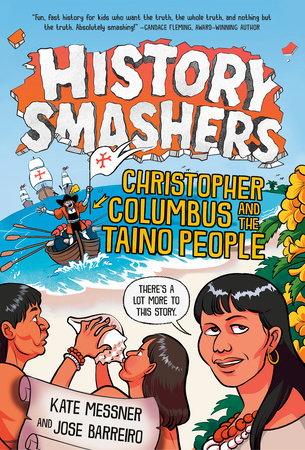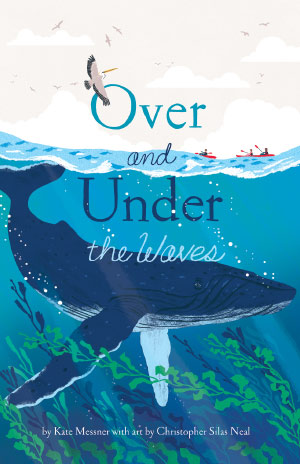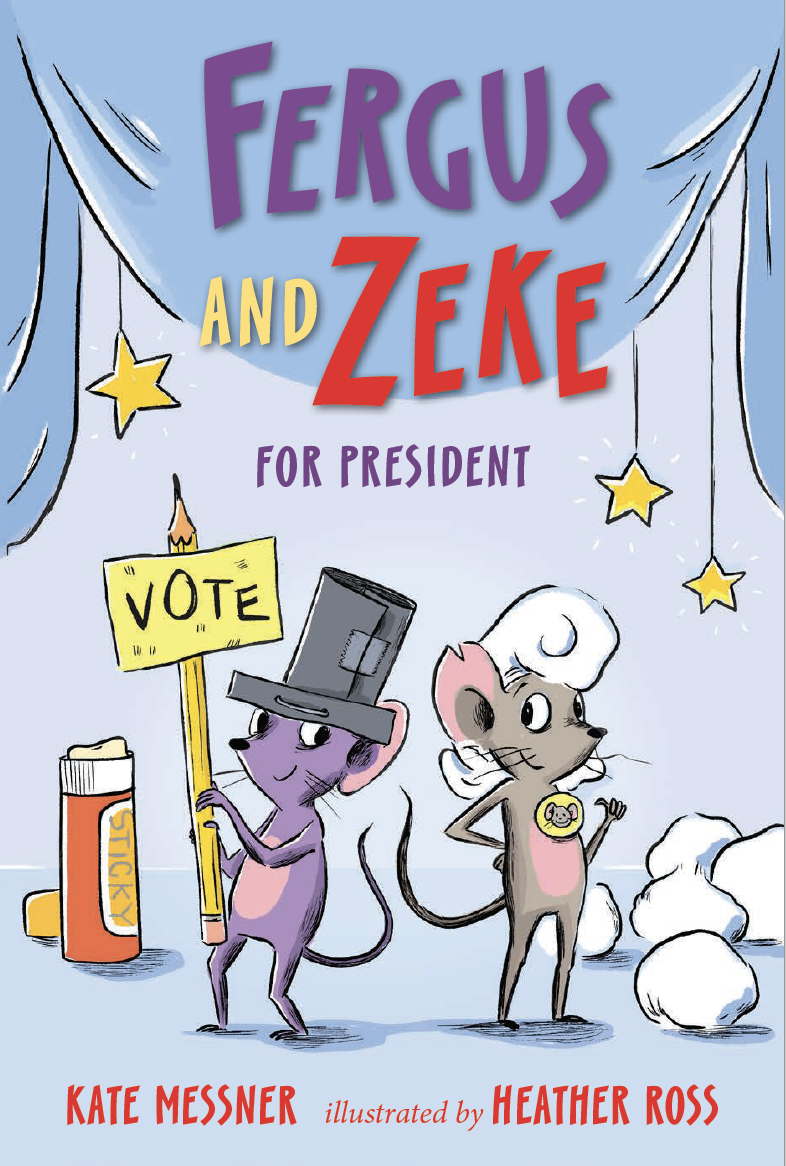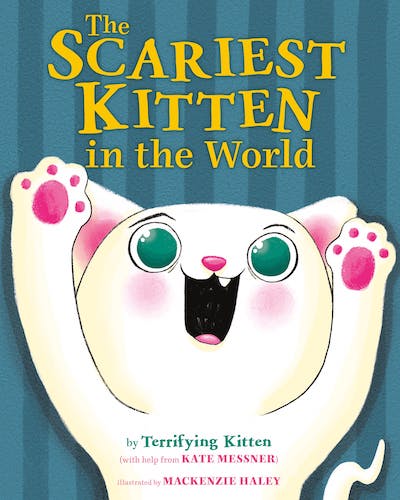This post is part of a year-long series of blog interviews I’ll be hosting with my fellow 2009 Debut Authors, called "How They Got Here."
It should be an especially helpful series for teens who write, teachers, and anyone who wants to write for kids. 2009 debut authors will be dropping by to talk about how their writing in school shaped the authors they are today, what teachers can do to make a difference, how they revise, and how they found their agents and editors. (You’ll even be able to read some successful query letters!) If you know a teacher or two who might be interested, please share the link!

Today…Cynthea Liu, author of THE GREAT CALL OF CHINA!
Chinese-born Cece was adopted when she was two years old by her American parents. Living in Texas, she’s bored of her ho-hum high school and dull job. So when she learns about the S.A.S.S. program to Xi’an, China, she jumps at the chance. She’ll be able to learn about her passion—anthropology—and it will give her the opportunity to explore her roots. But when she arrives, she receives quite a culture shock. And the closer she comes to finding out about her birth parents, the more apprehensive she gets.
Enter Will, the cute guy she first meets on the plane. He and Cece really connect during the program. But can he help her get accustomed to a culture she should already know about, or will she leave China without the answers she’s been looking for?
Welcome, Cynthea! Tell us about the first thing you ever wrote that made you think maybe you were a writer.
Hmmm… that would probably be my first query letter. It was to Arthur A. Levine and it got a yes! So I was pretty psyched about that. Made me think that I might have a future in children’s book publishing. I know it was only a query letter, but that was plenty enough for me.
What books did you love when you were a kid?
I ate up any book that had animals in it. Misty of Chincoteague, Trumpet of the Swan, Black Beauty, Mouse and the Motorcycle …
Is there a particular teacher or librarian who was a mentor for you in your reading and writing life?
I still remember my Algebra teacher in 8th grade. I moaned to her there was nothing to read anymore. I had basically blown through every book in the library that had looked interesting to me, and I thought I was done. She brought me a copy of one of her favorite authors, Dean Koontz. I think it was WATCHERS. Then I realized there was a whole world of adult fiction I hadn’t even begun to explore. So thank you to Ms. Macon for reviving my love for reading. (I swear, I skipped over the love scenes in that book!) 🙂
Moving on to the here and now, most writers admit that making time to write can sometimes be a challenge. When and where do you write? Do you have any special rituals? Music? Food & beverages?
All I really need is my laptop and a four-hour stretch of time. That 4-hour thing is rare these days. But when I do have it, things get even better if I have a diet Dr. Pepper to go with and a Snickers bar. Yes!
Do you have a favorite strategy for revision?
Hmmm… I usually write the whole thing first and only go back to make major revisions that affect forthcoming chapters or pages. Once the first draft is done, I start from the top and work my way through the book again. I do this a few times with my critique partners before it’s ready for my agent.
What’s your best advice for young writers?
Believe that you can do it if you are willing to listen, learn, and endure.
What’s special about your debut novel?
THE GREAT CALL is unique because there are few fiction books that feature a teenage foreign-born adoptee. It’s amost a first in its own right. I think the selection of books in the United States could better reflect how diverse our country is, and it’s not just about skin color. It’s also about diversity within our families, too.
What were the best and worst parts of writing it?
The best part of writing any book is putting THE END on it! Seriously. Developing something from nothing, like writing a novel, is way harder than having a baby. At least when you’re pregnant, your body is on auto-pilot. You just have to deal with the backpain and all the trips to the bathroom. With writing a book, however, everything (except for the stuff your editor makes you do) is up to you. You have to take care of all the details—what the characters say, think, do, and much, much more! It can be more tiring than labor, that’s for sure.
The worst part of writing THE GREAT CALL OF CHINA was tackling a dramatic scene that could easily cross over to melodrama. It took me forever to get that down in a way that I thought was acceptable. So big emotional scenes are one that I really dread writing. They can be so taxing.
(Though somewhere in all of this, I assure you I do have fun writing. There’s nothing like nailing a good line! But … THE END is still more fun to write.)
How did you find your agent and/or editor?
I researched agencies via the usual channels–on the Internet, using Jeff Herman’s guide, the CWIM, and SCBWI publications. After I narrowed it down, I just queried a few agents with my picture book manuscripts. After they rejected me, I queried again with a new manuscript I had written. That manuscript was PARIS PAN TAKES THE DARE, which is coming out in June. An agent connected with that story, and the rest, as they say, is history!
This was the pitch used in the query letter:
Twelve-year-old Paris Pan has moved to a small town where she has a real shot at making friends. But that friendship comes at a price. She must take The Dare, something that killed a girl on the very property she now resides. To make matters worse, Paris must play basketball against her will, eradicate a crush on the least desirable boy in sixth grade, and cope with a family crisis that was possibly caused by a chili dog.
Thanks, Cynthea!
You can read more about Cynthea at her website. You can pick up your copy of THE GREAT CALL OF CHINA at your local independent bookseller, order it through one of my favorite indies, Flying Pig Bookstore (they ship!), or find an indie near you by checking out IndieBound!
Up next in the "How They Got Here" Debut 2009 series… Carrie Ryan, author of THE FOREST OF HANDS AND TEETH, will be stopping by on Thursday, March 12.






 Today…Jenny Moss, author of WINNIE’S WAR!
Today…Jenny Moss, author of WINNIE’S WAR! Today…Stacey Jay, author of YOU ARE SO UNDEAD TO ME!
Today…Stacey Jay, author of YOU ARE SO UNDEAD TO ME!

